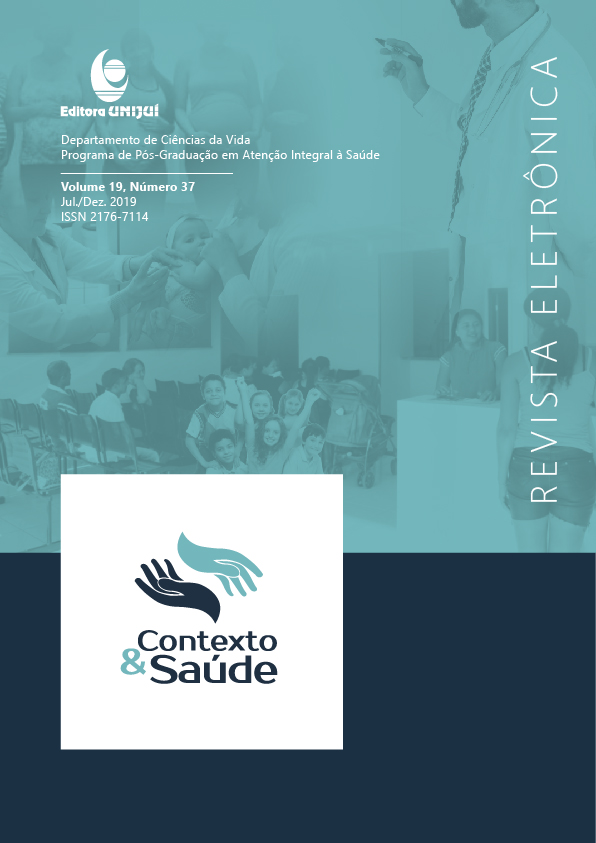SOLID ORGANIC WASTE IN FOODSERVICES HOSPITAL: THE CONTRIBUTION OF THE PLATE WASTE PATIENTS
DOI:
https://doi.org/10.21527/2176-7114.2019.37.30-36Keywords:
solid organic waste, plate waste, hospital food and nutrition services.Abstract
The objective was to analyze the generation of solid organic waste originating from plate waste by patients the as internment clinic and the type of diet of a university hospital in the Cuiabá city of Mato Grosso, Brazil, and the factors that had contributed in this generation. An descriptive transversal study was carried. The diet had been collected at dinner, 184 diets were analyzed. 41 patients were questioned. For the calculation of the average portion meal of distributed and of the portion meal of plate waste the weight, method was used and as reference standard the rate of 20% for the plate waste. The index was determined by type of diet. For evaluation of the factors that, in the vision of the patients influence in the generation of solid organic waste happened of the plate waste ingestion questionnaire with open question was used. It was observed that the generation of solid organic waste originating of plate waste varied according to the consistency of the diets and clinics internment. Alimentary habits and preferences, sensation of gastric fullness, high portion, nauseous, inappetence, dinner time had been the cited reasons more for the rejection of the diet. The redefinition of per capita in accordance with the preparations, the redefinition of portions in accordance with the consistency of the diet for clinic internment and the standardization of the utensils and the execution of this standardization will be able to contribute for the reduction of the rate of organic waste originating the food wastage.
Downloads
Published
How to Cite
Issue
Section
License
By publishing in Revista Contexto & Saúde, authors agree to the following terms:
The works are licensed under the Creative Commons Atribuição 4.0 Internacional (CC BY 4.0) license, which allows:
Share — to copy and redistribute the material in any medium or format;
Adapt — to remix, transform, and build upon the material for any purpose, including commercial.
These permissions are irrevocable, provided that the following terms are respected:
Attribution — authors must be properly credited, with a link to the license and indication of any changes made.
No additional restrictions — no legal or technological measures may be applied that restrict the use permitted by the license.
Notes:
The license does not apply to elements in the public domain or covered by legal exceptions.
The license does not grant all rights necessary for specific uses (e.g., image rights, privacy, or moral rights).
The journal is not responsible for opinions expressed in the articles, which are the sole responsibility of the authors. The Editor, with the support of the Editorial Board, reserves the right to suggest or request modifications when necessary.
Only original scientific articles presenting research results of interest that have not been published or simultaneously submitted to another journal with the same objective will be accepted.
Mentions of trademarks or specific products are intended solely for identification purposes, without any promotional association by the authors or the journal.
License Agreement (for articles published from September 2025): Authors retain copyright over their article and grant Revista Contexto & Saúde the right of first publication.

